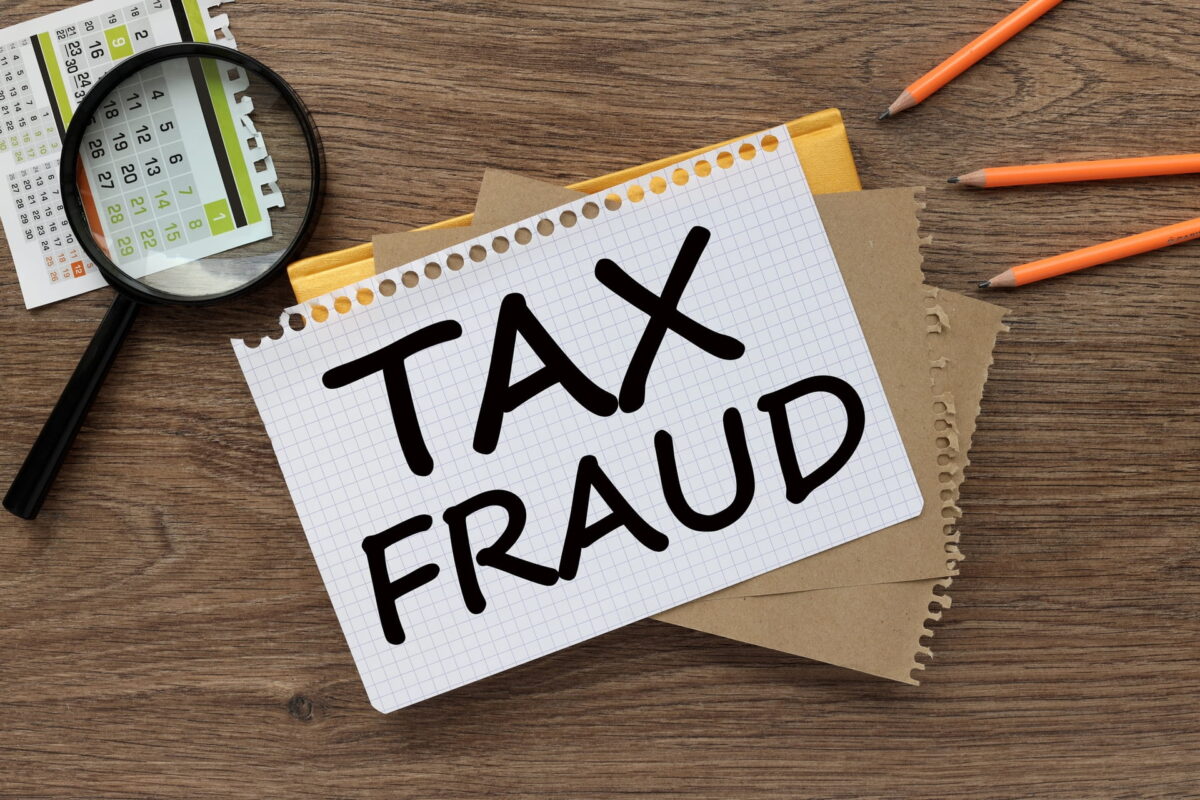
Tax fraud is a serious matter that can lead to significant consequences, including steep financial penalties, interest on unpaid taxes, and even imprisonment. The IRS is highly proactive in identifying and prosecuting cases of tax fraud, making it essential for individuals and businesses to understand what it involves—and how to stay in full compliance.
This article will walk you through the fundamentals of tax fraud, what catches the attention of the IRS, and practical steps you can take to avoid it.
What Is Tax Fraud?
Tax fraud occurs when a taxpayer intentionally provides false or incomplete information to lower their tax bill or claim refunds they aren’t entitled to. Whether it’s failing to report all income, claiming illegitimate deductions, or deliberately avoiding filing a return, tax fraud is a deliberate violation of federal tax laws.
Key Signs of Tax Fraud
Tax fraud is not the same as an honest mistake. It includes specific characteristics:
-
Intentional Misrepresentation – The taxpayer knowingly provides incorrect information.
-
Illegal Activity – Actions go beyond simple filing errors and involve breaking tax laws.
-
Personal Gain – The main objective is usually to reduce taxes owed or receive improper refunds.
Common Types of Tax Fraud
Recognizing the most frequent forms of tax fraud can help you steer clear of risky behavior:
1. Underreporting Income
One of the most common forms of tax fraud involves failing to disclose all income, such as:
-
Cash payments from freelance or side work.
-
Unreported tips or business earnings.
-
Income earned from foreign accounts.
2. Claiming Deductions or Credits Falsely
This type of tax fraud includes:
-
Overstating expenses to reduce taxable income.
-
Listing ineligible dependents.
-
Claiming tax credits like the Child Tax Credit or Earned Income Tax Credit without qualifying.
3. Not Filing Required Tax Returns
Choosing not to file a tax return, especially when income thresholds are met, is another form of tax fraud and can result in additional penalties and interest.
4. Using a Fake or Stolen Social Security Number
Using someone else’s Social Security number—or inventing one—to file taxes or gain employment is both tax fraud and identity theft.
5. Hiding Assets or Income
This happens when a person tries to hide money or investments to avoid taxation. Examples include:
-
Transferring funds to offshore bank accounts.
-
Not reporting investment income like dividends or capital gains.
How the IRS Identifies Tax Fraud
The IRS uses various tools and processes to detect suspicious activity:
-
Automated Systems – Algorithms identify discrepancies or unusual patterns in tax returns.
-
Audits – IRS agents examine financial documents, income reports, and deductions.
-
Whistleblowers – Tips from colleagues, former employees, or acquaintances can trigger investigations.
-
Information Matching – The IRS compares data from banks, employers, and other sources against what’s reported on tax returns.
How to Avoid Committing Tax Fraud
Here are some practical steps to help you stay in compliance and avoid the serious consequences of tax fraud:
-
Be Accurate and Transparent – Report all income and keep thorough records.
-
Only Claim Valid Deductions and Credits – Don’t exaggerate expenses or take benefits you don’t qualify for.
-
File On Time – Even if you can’t pay right away, file your return to avoid penalties.
-
Seek Professional Support – A tax professional or attorney can help you stay compliant with tax laws.
-
Stay Up to Date – Tax laws change, and staying informed helps you avoid unintentional errors.
Conclusion
Tax fraud is a federal offense that carries serious penalties. Whether you’re an individual taxpayer or a business owner, understanding what tax fraud looks like and how to avoid it is essential for staying in good standing with the IRS.
If you have concerns about your tax filings or want guidance on remaining compliant, reach out to the team at Florida Tax Lawyers in Sarasota, Florida. Our experienced tax attorneys can help you navigate complex tax issues and avoid the dangers of tax fraud. Schedule a consultation today and take control of your tax responsibilities with confidence.
